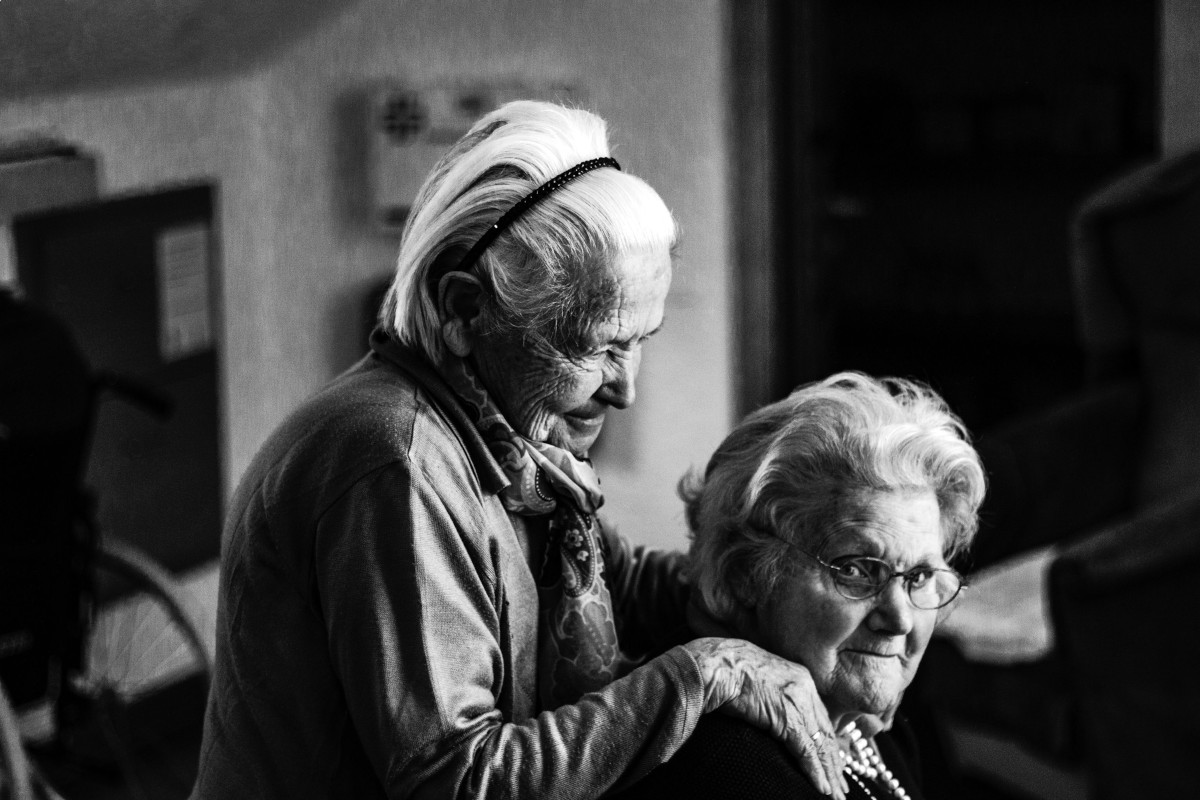International Day of Older Persons| REMEMBER
CES-UC releases preliminary results of a study on the ageing of the LGBTQ+ population in Portugal
Alerting to the need to raise awareness on ageing issues, respecting and caring for the needs of the older population, the Centre for Social Studies (CES) of the University of Coimbra (UC) joins the commemorations of the International Day of Older Persons, through the disclosure of the first results of the ongoing research project REMEMBER Recording Experiences of LGBTQ Elders in Post-Dictatorship Portugal (1974-2020) funded by the Foundation for Science and Technology, I.P./MCTES through national funds (PIDDAC), ref.: PTDC/SOC-ASO/4911/2021.
In recent years, ageing has been a priority area in government and research agendas. With an emphasis on care, well-being and mental health, REMEMBER studies the socio-cultural value assigned to old age in Portugal, the relationship between ageing and sexuality, and the absence or limits of adequate social policies for older LGBTQ people (over 60 years old). As Ana Cristina Santos, Researcher in charge of the project, explains, «without memory, we lose history. Combining past memories and the management of intimate life in the present, in the REMEMBER project we study, through direct auscultation, the social impacts of growing up in a time when sexual and gender diversity was either forbidden (until 1982) or associated with illness, as happened in the 1980-1990s, during the so-called AIDS crisis».
Preliminary diagnosis of the LGBTQ+ 60+ population
LGBTQ+ people over 60 are a population with specific characteristics, strongly affected by an oppressive past, whose consequences have already been identified through the first data collected by the REMEMBER team, which strongly focus on relational loneliness and fragile care networks.
Relational loneliness is aggravated by the absence of a connection to the biological family and/or the existence of a spouse. In general, the people interviewed do not feel part of a community. Relational loneliness is sometimes associated with a progressive affective and erotic invisibility. As far as care and healthcare networks are concerned, these are scarce and centred on the spouse (when present). For reasons of prejudice, worrying situations related to health care, with consequences on emotional wellbeing, were identified before, during and after the pandemic.
Regarding end-of-life preparation plans, most people do not present a structured plan, nor an intention on how they wish to spend the last years of their lives. The absence of plans does not mean the absence of dreams: the possibility of living in a community, with autonomy, but together with people who value diversity, is part of the wish of several people interviewed. Co-housing thus emerges as a form of preparation for old age that would be welcomed.
Rethinking ageing through a gender and sexuality lens
In the midst of the 21st century, with measures to promote so-called active ageing, sexuality in old age remains a taboo subject. There is a silence around sexual life in strong contrast with the zeal towards senior health care that invariably excludes pleasure and sexual and gender self-determination.
As Ana Cristina Santos also stresses, «the first-person life experiences that we are collecting constitute fundamental tools for the rescue of an untold story, as well as for the design of intervention measures on the ground that bring relief, justice and reparation to elderly LGBTQ+ people, in a context that aims for more and better democracy, more and better citizenship».
Phase 2 of the REMEMBER project will delve deeper into some of these issues, with completion expected in September 2023. Until the end of the project, in 2024, a set of initiatives will be carried out at the level of production of original scientific knowledge, training of diversified publics and social awareness. There will also be the production of a Guide for Caregivers of Elderly People and the creation of an Online Archive of LGBTQ+ 60+ life stories.


